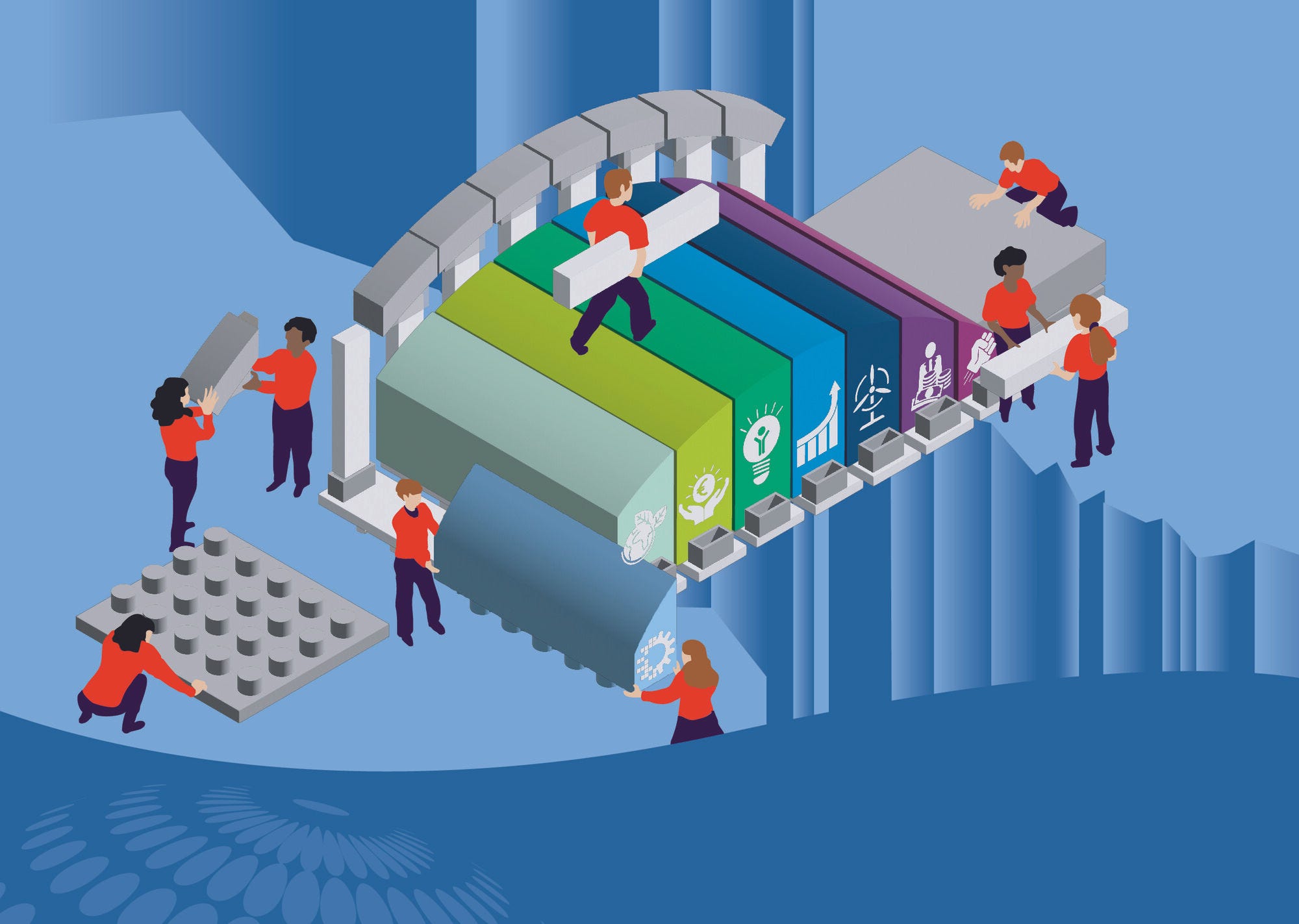While the LA9 countries have established a consolidated practice of PPCs on issues related to SME policy, the channels, modalities, and degree of openness of PPCs vary considerably across the region. Scores for this sub-dimension range from a low of 2.77 to a maximum of 4.60, with the regional average score standing at 3.89.
As a standard practice, organisations representing the private sector, including SMEs, are consulted during the elaboration of new policy measures, particularly main legislative acts. Less frequently, private sector organisations are involved in other policy phases, such as implementation, monitoring, and evaluation. Several countries in the region have formalised PPCs channels by establishing SME Consultative Committees, including Brazil, Chile, Colombia, Ecuador, Mexico, Paraguay, Peru, and Uruguay. Notably, Mexico, Brazil, and Chile have developed good practices in this area.
Mexico secured the highest score in this sub-dimension due to the diversification and transparency of its consultation practices. The Law on Regulatory Improvement mandates public consultations before issuing any regulation affecting economic or social activities. Citizens can provide comments and observations on the digital platform "Participa con tu gobierno en línea". The National Council for the Competitiveness of SMEs serves as a major consultation channel at the sector level, open to all major enterprise associations, chambers of commerce, and sectorial associations. The Comisión Federal de Competencia Económica (Federal Economic Competition Commission, COFECE) ensures transparency in convocation procedures and reports on consultation conclusions. Another vital channel is the Comisión Nacional de Mejora Regulatoria (National Commission for Regulatory Improvement, CONAMER).
In Brazil, Law 13.655 of 2018 establishes that the approval of normative acts may be preceded by public consultation, with all government agencies having opened consultation channels. Private sector representatives are consulted throughout the policy cycle—design, implementation, and policy co-ordination. Major private sector and SME associations are members of the Permanent Forum of Micro and Small Companies, participate in the Simples Nacional (Simples National) contributing to tax regime elaboration for SMEs, and have representation in SEBRAE’s National Deliberative Council.
Chile utilises the Consejo Consultivo de Empresas de Menor Tamaño (National Consultative Committee for Small Scale Enterprises) as the primary consultation channel for SME policy issues. Chaired by the Minister of Economy, Development, and Tourism, the council meets regularly, and private sector representatives can propose legal acts and policy measures for debate.
Argentina has not established formal PPCs channels. In Argentina, consultations are called by the relevant ministry during the final phases of legislative act elaboration, mainly involving chambers of commerce and sectorial organisations. These consultations are relatively frequent but not regular and are often driven by the most powerful private sector organisations.
Across the region, a significant challenge lies in the representativeness of private sector organisations, particularly Chambers of Commerce and Industry and sectorial organisations. These entities are actively involved in PPCs, typically representing larger and well-established enterprises. SME federations often have limited influence, and the voices of start-ups and small-scale enterprises are seldom heard. Informal enterprises are generally excluded from the consultation process, further distancing them from the realm of public policy. Efforts from the government are crucial to establishing new channels and fostering consultations that include all segments of the SME population.


